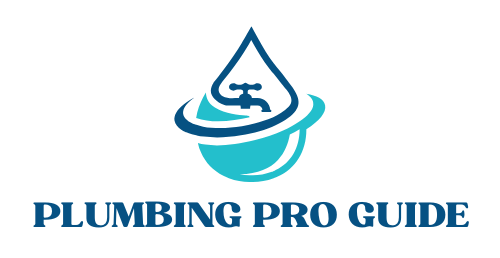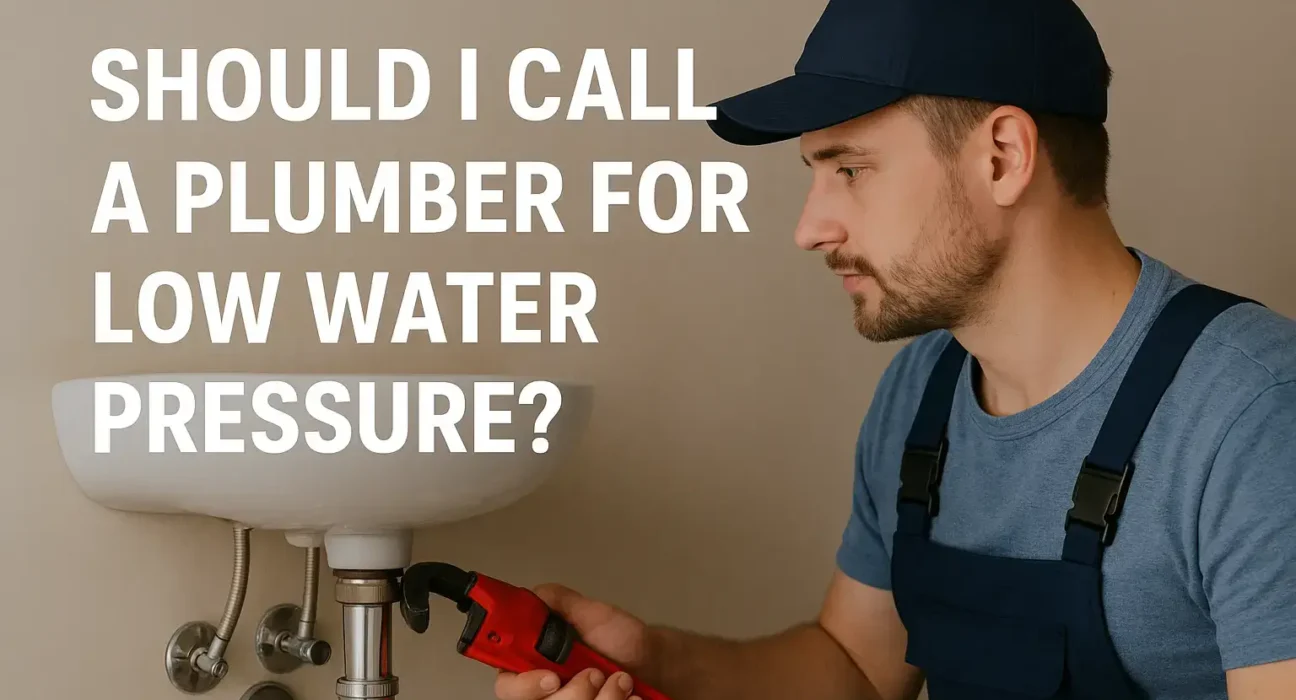If you’ve noticed that water trickles instead of flows when you turn on the tap or shower, you’re likely dealing with low water pressure. While it might seem like a minor inconvenience, low pressure can indicate deeper plumbing issues that shouldn’t be ignored. Knowing when to call a plumber for low water pressure can save you time, money, and future headaches.
What Causes Low Water Pressure?
Low water pressure can stem from a wide range of problems some simple, others more serious. Here are the most common causes:
- Clogged Aerators or Showerhead
Over time, mineral deposits (especially in areas with hard water) can clog faucet aerators or showerheads, restricting water flow. Cleaning or replacing these parts often restores normal pressure. - Leaky Pipes
Even a small leak can cause a noticeable drop in pressure. Leaks not only waste water but can also damage your home’s foundation, walls, or flooring if left untreated. - Corroded Plumbing
Older homes with galvanized steel pipes are prone to corrosion buildup inside the pipes. As corrosion accumulates, the pipe’s diameter decreases, reducing water flow. - Faulty Pressure Regulator
The pressure regulator controls the water pressure coming into your home. If it malfunctions, you may experience sudden drops or surges in pressure. - Issues with the Main Supply Line
Sometimes, the problem originates outside your property. Municipal water supply maintenance, line breaks, or partially closed shutoff valves can affect your home’s water pressure.
When to Call a Plumber for Low Water Pressure
While some fixes are simple DIY tasks, there are times when it’s crucial to bring in a professional plumber for low water pressure. Here’s when you should pick up the phone:
- You Can’t Identify the Source
If you’ve checked faucets, showerheads, and valves but can’t locate the cause, a plumber can use diagnostic tools to find the issue quickly. - Low Pressure Throughout the House
When every faucet and fixture has weak flow, it’s likely a main line, pressure regulator, or water supply issue all of which require expert attention. - Sudden Drop in Water Pressure
A quick decline in pressure could signal a serious leak or pipe burst that needs immediate repair. - Old or Corroded Plumbing
If your home is more than 20–30 years old, corrosion or sediment buildup could be reducing flow. A plumber can inspect and recommend long-term solutions such as pipe replacement. - You Notice Discolored Water or Strange Noises
Rusty water or banging pipes often accompany pressure problems and may indicate corrosion, trapped air, or hidden leaks.
Leran what is causing low water pressure in your kitchen and how you can solve it by yourself
How a Plumber Fixes Low Water Pressure
A licensed plumber for low water pressure will start by inspecting your plumbing system to identify the root cause. Common professional solutions include:
- Flushing or replacing old pipes
- Repairing leaks or damaged fittings
- Adjusting or replacing the pressure regulator
- Cleaning sediment buildup in the water heater
- Checking and repairing the main water valve
By diagnosing accurately, a plumber ensures that your water pressure problem doesn’t return — saving you from repeated short-term fixes.
Preventing Future Water Pressure Problems
Once your water pressure is restored, take steps to prevent future issues:
- Install water softeners to minimize mineral buildup
- Schedule annual plumbing inspections
- Replace aging pipes before they fail
- Clean aerators and showerheads regularly
- Ensure your main shutoff valve is fully open after maintenance
A little prevention can go a long way toward maintaining consistent, reliable water flow throughout your home.
Low water pressure can be frustrating but it’s often a sign of something deeper. Whether it’s a leak, buildup, or pressure regulator problem, hiring a plumber for low water pressure ensures the issue is fixed safely and effectively.
Find step-by-step repair tutorials on our main Plumbing Pro Guide page.
FAQs
1. When should I call a plumber for low water pressure?
You should call a plumber for low water pressure if it affects your entire home, happens suddenly, or doesn’t improve after cleaning faucets and showerheads. A plumber can identify hidden leaks, corroded pipes, or faulty regulators that might be causing the issue.
2. Can I fix low water pressure myself?
You can try simple fixes such as cleaning aerators, checking that shutoff valves are fully open, or replacing clogged showerheads. However, if these steps don’t work, it’s best to call a plumber for low water pressure to avoid worsening the problem.
3. What causes low water pressure in a house?
Low water pressure can be caused by leaks, clogged pipes, sediment buildup, old plumbing, or a malfunctioning pressure regulator. In some cases, your city’s water supply or main line issues could also be to blame.
4. How does a plumber fix low water pressure?
A professional plumber will inspect your pipes, valves, and pressure regulators to locate the issue. They might clean or replace corroded pipes, repair leaks, adjust the regulator, or flush your system to remove buildup and restore pressure.
5. How much does it cost to hire a plumber for low water pressure?
Costs vary depending on the problem’s complexity. Minor fixes like cleaning or adjusting valves may cost less, while repairing leaks or replacing old pipes can be more expensive. It’s best to ask your local plumber for low water pressure repair for a detailed quote.
6. Why is my water pressure low only in one faucet or shower?
If just one fixture has low pressure, the issue may be a clogged aerator or mineral buildup. Cleaning or replacing that fixture usually solves the problem. If multiple fixtures are affected, call a plumber to check your main supply or internal piping.
7. Can low water pressure damage my plumbing system?
Yes, consistently low pressure can lead to uneven water flow, sediment buildup, and potential strain on appliances like water heaters. Fixing it early with a licensed plumber for low water pressure helps prevent long-term damage.


